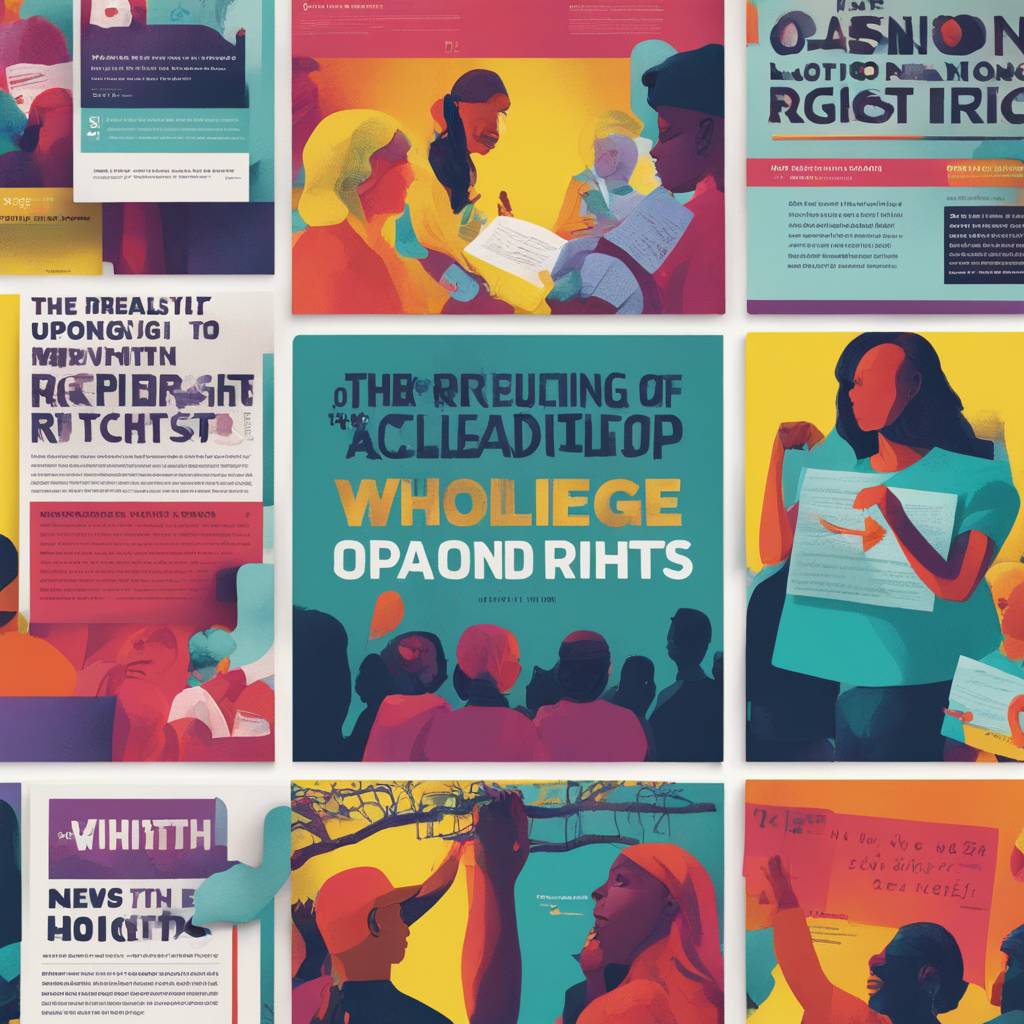The Supreme Court recently heard a major challenge to abortion rights, focusing on restrictions on mifepristone, the most commonly used abortion pill. While the justices seem prepared to dismiss the lawsuit, concerns remain about the future of reproductive freedom in America. Anti-abortion forces continue to advocate for further restrictions, with potential presidential support for a national abortion ban. Even if the specific case is dismissed, the persistence of anti-abortion activism raises ongoing threats to reproductive rights, including the revival of older laws like the Comstock Act to restrict access to abortion medication.
The overturning of Roe v. Wade has emboldened the anti-abortion movement to pursue various legal strategies, including fetal-personhood laws that grant legal rights to fetuses and embryos. These laws have the potential to impact access to birth control, stem cell research, and even women who experience miscarriages. Despite the Supreme Court’s emphasis on allowing state legislatures to determine abortion policy, the issue has continued to be contested at both the state and federal level, prompting debates around democratic processes and constitutional rights.
The public debate on abortion has been reignited in the wake of the Dobbs ruling, leading to increased support for reproductive rights across the country. Recent election results in states like Alabama have shown victories for pro-choice candidates, indicating a shifting public opinion on abortion issues. However, challenges persist in certain states where lawmakers seek to block or overturn efforts to protect abortion rights, highlighting the limitations of a state-by-state approach to reproductive autonomy.
The future of reproductive rights depends on a multifaceted strategy incorporating legal, judicial, and electoral efforts. The current makeup of the Supreme Court poses challenges to protecting abortion rights, while state and federal legislatures continue to introduce restrictions on reproductive health care. Voter support for reproductive rights must be translated into meaningful action through ballot initiatives and political representation, underscoring the importance of the upcoming elections in shaping the future of women’s equality and bodily autonomy.
The potential consequences of a Republican-controlled Congress pose a significant risk to reproductive rights, particularly if efforts to pass restrictive legislation like a 15-week abortion ban gain momentum. The choice facing voters in November is not just about preserving reproductive rights, but also ensuring equal treatment and rights for women. Understanding the intersection of reproductive rights and representative democracy is crucial in developing effective strategies to protect and expand access to abortion and other essential reproductive health services.








